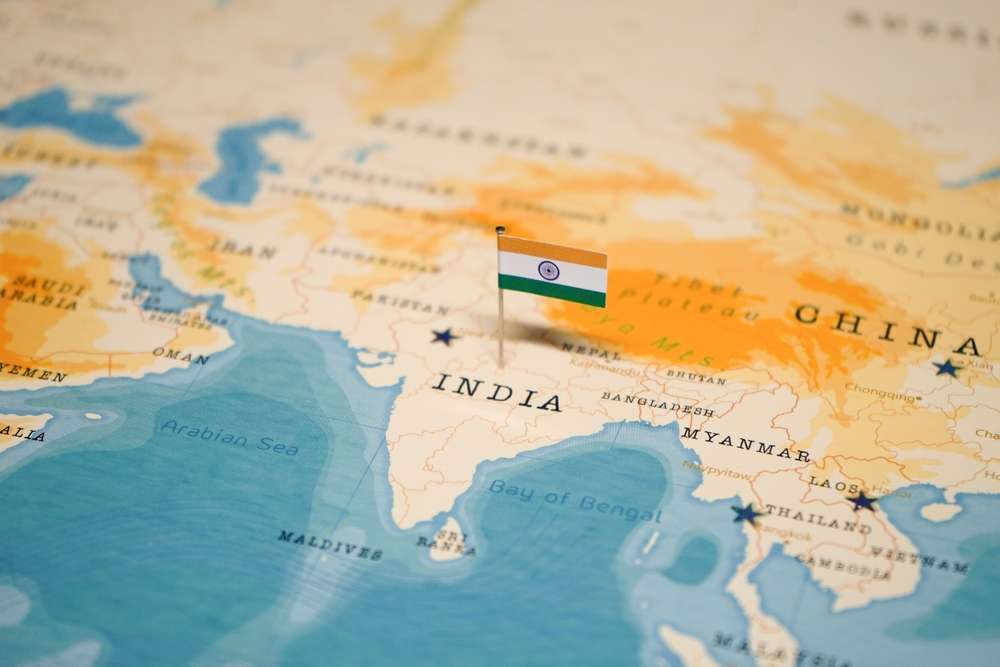India’s tourism industry is a vibrant and diverse sector that attracts millions of domestic and international travelers each year. With its rich cultural heritage, scenic landscapes, and vibrant cities, India offers a myriad of opportunities for hospitality ventures in its travel hotspots. From luxury resorts and boutique hotels to eco-friendly lodges and homestays, the hospitality sector in India is ripe for investment and innovation. This article explores the potential of hospitality ventures in India’s travel hotspots, highlighting key trends, challenges, and opportunities for entrepreneurs and investors looking to tap into this dynamic industry.
Growth of India’s Tourism Industry
India’s tourism industry has experienced steady growth in recent years, fueled by factors such as:
Cultural Diversity: India’s rich cultural heritage, historical monuments, and religious landmarks attract tourists from around the world seeking immersive cultural experiences and spiritual journeys.
Natural Beauty: From the snow-capped Himalayas to the sun-kissed beaches of Goa and the backwaters of Kerala, India’s diverse landscapes offer a wide range of natural attractions for nature lovers and adventure enthusiasts.
Urban Attractions: Vibrant cities such as Delhi, Mumbai, and Jaipur entice travelers with their bustling markets, iconic landmarks, and vibrant nightlife, catering to both leisure and business travelers.
Government Initiatives: The Indian government has implemented various initiatives to promote tourism, including e-visa schemes, marketing campaigns, and infrastructure development projects aimed at enhancing connectivity and tourist facilities.
Emerging Trends in Hospitality Ventures
Hospitality ventures in India’s travel hotspots are witnessing several emerging trends that shape the industry landscape:
Sustainable Tourism: With increasing awareness of environmental conservation and responsible travel practices, there is a growing demand for sustainable hospitality ventures that minimize environmental impact, promote eco-friendly practices, and support local communities.
Experiential Tourism: Travelers are seeking unique and authentic experiences that go beyond traditional sightseeing, leading to the rise of experiential hospitality ventures such as heritage stays, cultural tours, culinary experiences, and adventure activities.
Technology Integration: Hospitality ventures are leveraging technology to enhance guest experiences, streamline operations, and improve efficiency. From online booking platforms and mobile apps to smart room amenities and digital concierge services, technology is reshaping the hospitality landscape.
Wellness Tourism: With an increasing focus on health and wellness, hospitality ventures are incorporating wellness amenities and services such as spas, yoga retreats, and wellness programs to cater to wellness-conscious travelers seeking relaxation, rejuvenation, and holistic healing experiences.
Opportunities in India’s Travel Hotspots
India’s travel hotspots offer a plethora of opportunities for hospitality ventures across various segments:
Heritage Destinations: Cities such as Jaipur, Udaipur, and Varanasi, known for their rich cultural heritage and architectural marvels, offer opportunities for heritage hotels, boutique resorts, and cultural experiences that immerse guests in India’s royal history and traditions.
Coastal Retreats: Goa, Kerala, and Andaman Islands are popular coastal destinations with pristine beaches, azure waters, and tropical landscapes, attracting beach resorts, beachfront villas, and eco-friendly retreats catering to sun-seekers and water sports enthusiasts.
Hill Stations: Hill stations such as Shimla, Manali, and Ooty offer scenic beauty, cool climates, and outdoor activities, making them ideal locations for mountain resorts, eco-lodges, and adventure retreats that offer trekking, skiing, and nature trails.
Wildlife Sanctuaries: National parks and wildlife sanctuaries such as Ranthambore, Jim Corbett, and Kaziranga are biodiversity hotspots teeming with wildlife and natural beauty, providing opportunities for wildlife lodges, jungle camps, and eco-tourism initiatives focused on conservation and ecotourism.
Challenges and Considerations
While the hospitality sector in India’s travel hotspots offers promising opportunities, it also presents challenges that entrepreneurs and investors need to navigate:
Infrastructure: Inadequate infrastructure, including transportation, roads, and utilities, in some travel hotspots may pose challenges for hospitality ventures, requiring investments in infrastructure development and connectivity.
Seasonal Demand: Seasonal fluctuations in tourist arrivals, especially in hill stations and coastal destinations, can impact the occupancy rates and revenue streams of hospitality ventures, necessitating strategies for managing off-peak periods and diversifying offerings.
Regulatory Environment: Regulatory compliance, licensing requirements, and land acquisition processes in India’s hospitality sector can be complex and time-consuming, requiring thorough due diligence and legal guidance.
Competition: The hospitality industry in India’s travel hotspots is highly competitive, with established players, international chains, and local operators vying for market share. Differentiation, branding, and customer service excellence are essential for standing out in a crowded market.
INDIAN VISA FOR DENMARK CITIZENS
Strategies for Success
To succeed in India’s hospitality sector and capitalize on opportunities in travel hotspots, entrepreneurs and investors can consider the following strategies:
- Market Research: Conduct thorough market research to identify untapped niches, understand customer preferences, and assess competition in target destinations. Tailor hospitality offerings to meet the needs and preferences of diverse traveler segments.
- Differentiation: Differentiate hospitality ventures through unique selling propositions, branding, and personalized experiences that set them apart from competitors. Emphasize factors such as location, design, ambiance, and service quality to create memorable guest experiences.
- Collaboration and Partnerships: Forge strategic partnerships with local stakeholders, tour operators, travel agencies, and government bodies to enhance visibility, access distribution channels, and leverage local expertise and networks for marketing and promotion.
- Sustainability and Community Engagement: Embrace sustainable practices, environmental stewardship, and community engagement initiatives to demonstrate social responsibility, enhance brand reputation, and attract eco-conscious travelers seeking responsible tourism experiences.
Conclusion
India’s travel hotspots present a myriad of opportunities for hospitality ventures to thrive and flourish in a dynamic and rapidly evolving tourism landscape. From heritage destinations and coastal retreats to hill stations and wildlife sanctuaries, each travel hotspot offers a unique blend of cultural, natural, and experiential attractions that cater to diverse traveler preferences and interests. By leveraging emerging trends, identifying niche markets, and embracing sustainability, hospitality entrepreneurs and investors can unlock the full potential of India’s hospitality sector, contributing to the growth and development of the country’s tourism industry while offering memorable experiences that captivate and delight travelers from around the globe.
More articles: Renewable Energy Ventures: Green Business Potential In India
